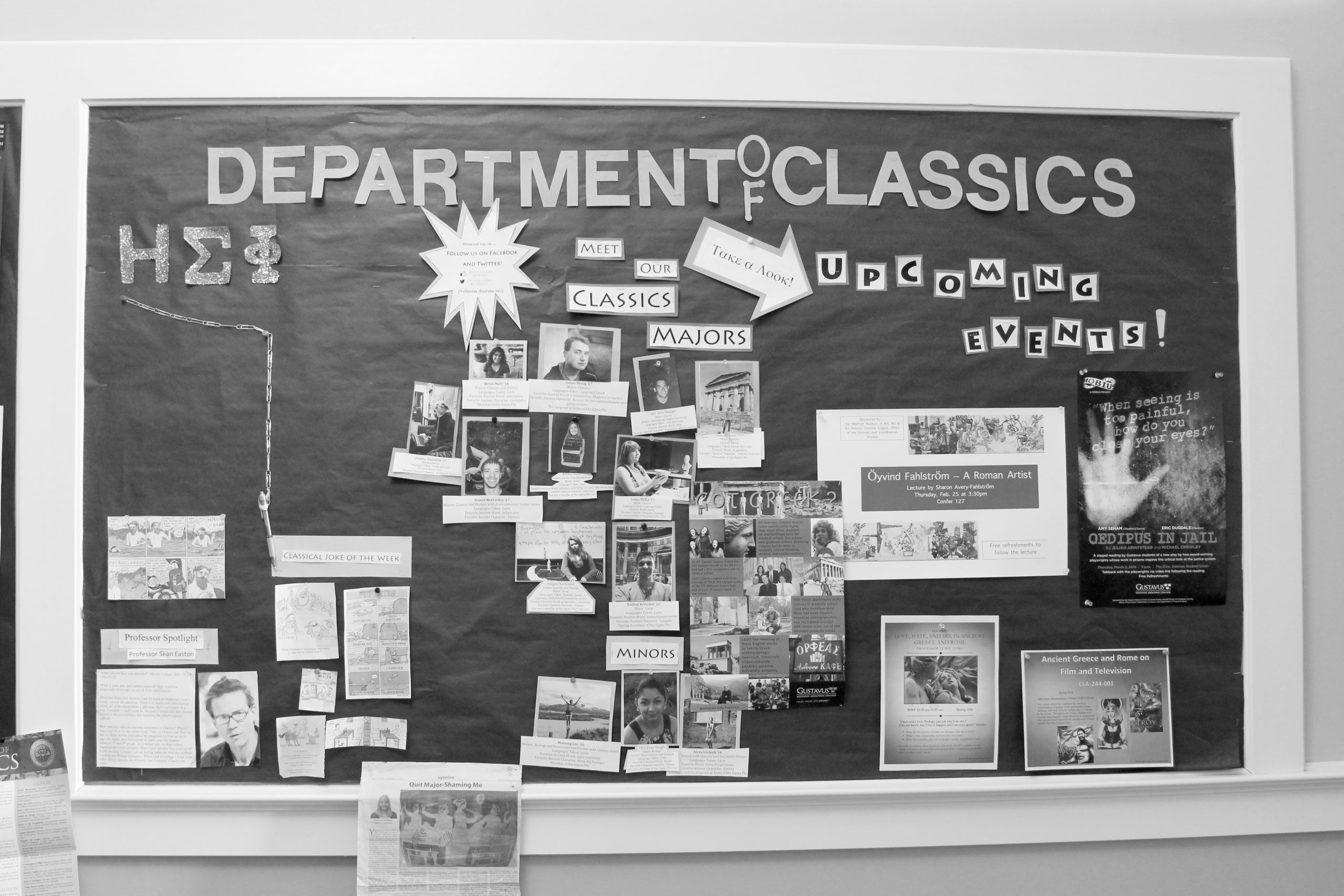In an age of living dominated by science and technology, people are beginning to put less value in studying classic literature. What is classic literature?
Many would argue that it is a piece of poetry, a book, or an article written long ago, such as Homer’s Iliad or Dante’s Divine Comedy, both of which still receive recognition today.
However, for the purposes of this article, classic literature is defined as any great literary work that has had a lasting impact on art, literature, and thought.
This would put works such as the Odyssey in the same category as Lewis Carroll’s Alice’s Adventures in Wonderland or Michael Creighton’s Jurassic Park.
This doesn’t mean that said works are equal in their impact, only that they have each had a lasting impact and thus can be referred to as classic literature.
So why has society started to move away from studying classic literature, and what is it about these works that makes them worth studying?
In contemporary society technology is everywhere: our cars, phones, computers, and even our door locks have integrated technology into them.
Technology is moving forward and improving at a rapid pace. People want to harness, build, and improve the things that they see in their daily lives around them.
So why has society started to move away from studying classic literature, and what is it about these works that makes them worth studying?
For instance, if someone’s computer were to suddenly freeze up due to faulty hardware, it is more preferable to them to have the means and skills to fix it themself.
Even if they do not, then at the very least they know that there are trained professionals who can fix it for them.
As technology leaps ever forward, it is the demand for those who can build, fix, and improve it that makes STEM programs seem so seductive, drawing people away from studying subjects such as history, humanities, and classic literature.
People no longer see the value in understanding the intricacies of language, rhetoric, and literature because they don’t seem to have any practical use.
This is not the case, however, as studying literature in depth allows for the development of deep thinking and analytical skills that can be applied to a number of different venues.

While you may never be called upon to recite the first 300 lines of the Inferno, studying them allows you to learn skills such as reading in detail and understanding things in context.
It also expands vocabulary and helps to improve writing and communication skills, which are useful in any work environment, especially those involving technology.
People no longer see the value in understanding the intricacies of language, rhetoric, and literature because they don’t seem to have any practical use.
Studying classic literature also allows you or anyone else around you to understand the context of events that are unfolding in politics, law, economics, and popular media.
Classic literature goes even deeper, however, in the benefits that it garners through this proliferation of technology in today’s world.
With the advent of devices such as touch screen phones, tablets, and e-readers the availability to access and read classic literature has escalated dramatically.
This mass dissemination of knowledge and ease of access has opened many doors for students, teachers, and the general public to acquire and read works that originally could only be read by specialized scholars and those with the connection to view old tomes.
Studying classic literature also allows you or anyone else around you to understand the context of events that are unfolding in politics, law, economics, and popular media.
But thanks to technology, almost any classic work can be read in a digital format. Such access allows people to read works like Machiavelli’s The Prince or George Orwell’s 1984 and find scholarly journals to help them understand it.
Why study classic literature? Because it has never been easier to do so before in the history of humanity, and it has had such a lasting impact on how we govern our politics, laws, and economics.
It turns us into better writers, readers, and thinkers. It allows us to improve ourselves so we can improve the world around us.
It provides us the opportunity for new expressions of art and literary works. Because it ]mattered yesterday, it matters today, and it will matter tomorrow.
